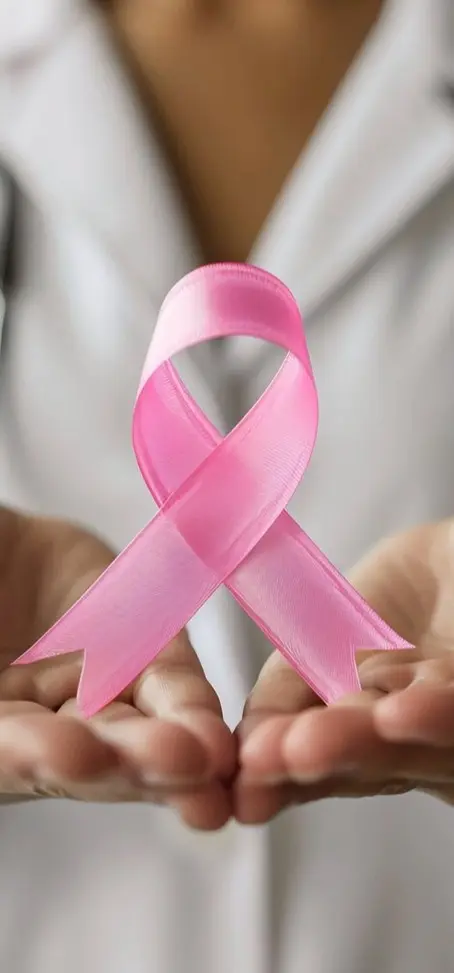
BREAST CANCER AND NUTRITION
Breast Cancer and Nutrition
A healthy diet plays a crucial role in preventing breast cancer. As with all other cancers, the most important aspect of breast cancer prevention is maintaining an ideal weight. It's known that women at an ideal weight have a lower risk of developing breast cancer, especially after menopause. Furthermore, the risk of breast cancer recurrence increases in obese women. Insulin and insulin-like growth factor (IGF-1) levels increase in these women, and free IGF-1 is known to uncontrollably increase cell proliferation, increasing the risk of many different cancers. It's been reported that women with excess weight, particularly in the abdominal and upper body, have a higher risk of breast cancer. This is because sex hormone-binding globulin (SHBG) levels are lower in these women, resulting in a greater proportion of estrogen circulating freely. Freely circulating estrogen is more likely to bind to breast tissue, increasing the risk of breast cancer.
In a balanced diet, it's generally known that less than 30% of total calories from fat reduces cancer risk.
Untreated (true cold-pressed) extra virgin olive oil and natural butter, obtained from the milk of animals raised in their natural environment and fed natural products, can be used as oils. Furthermore, a diet rich in Omega-3 fatty acids (thanks to the Omega-3 fatty acid EPA) reduces the risk of cancer.
It's especially important to consume fish once or twice a week, but avoid farmed fish or fish raised in waters rich in heavy metals.
For protein, eat meat and eggs from free-range, wild-fed animals whenever possible. For carbohydrates, consume whole grains, fresh fruits, and vegetables. It's important to choose organic fruits and vegetables.
Be sure to obtain your drinking water from clean sources outside of intensively farmed areas, as groundwater and rivers are polluted by nitrates and pesticides in these areas.
There are also phytotherapy products that can be recommended for breast cancer based on scientific data. Many products are used, including green tea, turmeric, ginger, mistletoe, flaxseed, black cumin, and bee pollen. While these products, when used correctly, have been shown to protect against cancer, kill cancer cells, and reduce some side effects of chemotherapy, they are completely natural and carry some risks. Some ingredients in these products can exacerbate existing conditions or reduce the effectiveness of certain medications you are taking. To maximize the benefits of the most appropriate product for your health, we recommend using these herbal products only after consulting a physician knowledgeable in phytotherapy and potential drug interactions.